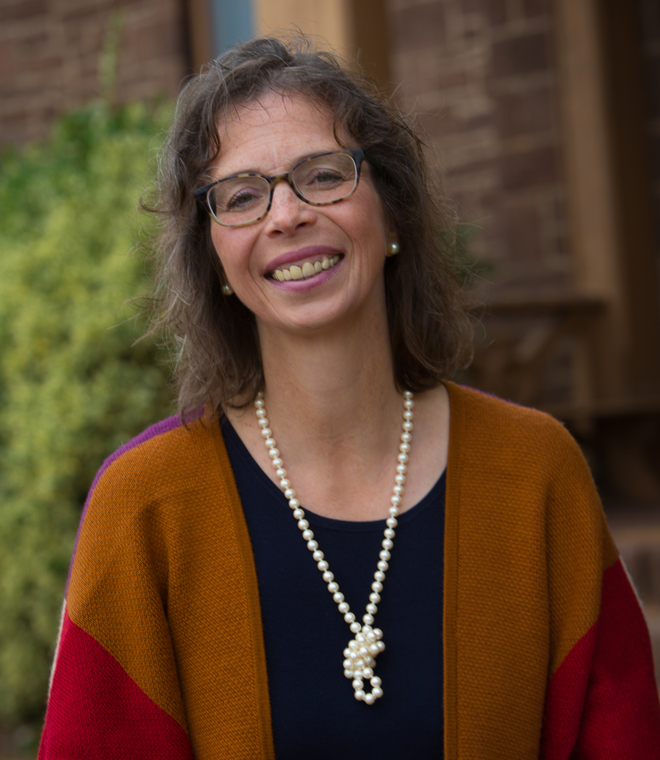HERS ALUMS
Biography
Patricia A. Findley, Dr.PH, MSW, is an Associate Professor of Social Work, Director of the MSW program, and Special Assistant to the Dean for Interprofessional Health Initiatives at Rutgers the State University of New Jersey. Her research interests include chronic illness, physical disability, interprofessional health education, disaster preparedness and response, and cancer survivorship. She holds a research scholar position within the Veterans Administration where she explores both physical and mental health issues, as well as trauma issues within the veteran population. Dr. Findley is a 2019 graduate of the HERS Leadership Institute at Wellesley.
Alum Q&A
What did you value most during your time with HERS?
I mostly valued the large network of very bright women leaders that I was able to meet and develop relationships with that is enduring. However, I also really appreciated talking about the state of higher education in an interdisciplinary way with the group. I enjoyed those readings and discussion the most.
How was the HERS experience different than other leadership development organizations (or activities) you’ve participated in?
The enduring nature of the conversation that continues for me in social media and on the HERS listserv for advice, support and information with my fellow HERS alums. I also have the leadership at HERS I feel I can contact at any time for assistance or support. I have participated in other leadership development programs, but I have never come away with the sense of confidence in my own abilities and with the support to truly reach for the next level. The HERS experience helped me explore my leadership as well as emotional readiness to advance my career.
How did HERS impact your leadership trajectory?
Since HERS, I am much more willing to volunteer for leadership opportunities that seem a little daunting to me. I do this knowing that I have my skills, my new found confidence, and support HERS team behind me so when I am not sure, I ask for assistance, guidance, and support.
What advice would you give to a woman in higher education who wants to advance their career?
I would tell that woman to attend HERS. I would advise her to lean into the process, even if it feels uncomfortable at times, meaning truly examine her skills, abilities—and mostly fears about advancement.

As one of our partners, you can be a leader behind much-needed change in the educational sector. Support for our programs drives leadership equity, enabling institutions to better support an increasingly diverse student body and better prepare their students to create a more equitable society.